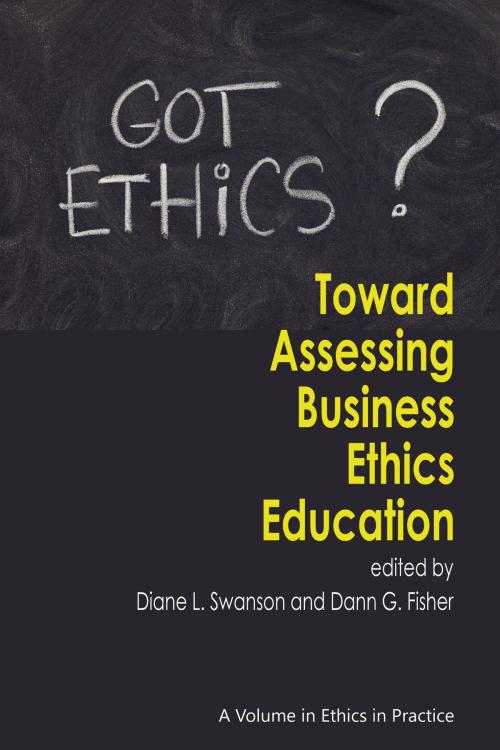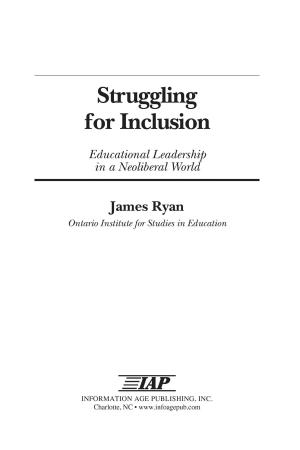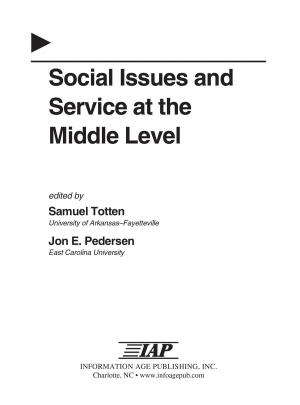Toward Assessing Business Ethics Education
Business & Finance, Business Reference, Education, Business Ethics| Author: | ISBN: | 9781617351648 | |
| Publisher: | Information Age Publishing | Publication: | November 1, 2010 |
| Imprint: | Information Age Publishing | Language: | English |
| Author: | |
| ISBN: | 9781617351648 |
| Publisher: | Information Age Publishing |
| Publication: | November 1, 2010 |
| Imprint: | Information Age Publishing |
| Language: | English |
Toward Assessing Business Ethics Education, edited by Diane L. Swanson and Dann G. Fisher of Kansas State University, is a sequel to their book Advancing Business Ethics Education in the Ethics in Practice IAP book series. The focus on assessment in this second book is a timely response to the urgent search among business schools for ways to teach and assess ethics at a time when the public’s faith in corporations and business schools has been undermined greatly by the failure of both to respond to widespread corruption and scandals in the business sector. Although no one expects business education alone to resolve these problems, the distinguished scholars represented in this book advocate that business schools should at least do their part by exposing their students to decision models that incorporate ethical dimensions on behalf of corporate stakeholders and society at large. As the book’s title conveys, it is then important to assess key learning objectives to insure that business students graduate knowing ethics fundamentals and armed with the ability to recognize ethical dilemmas and possible solutions during the course of their careers. This book will speak to all who are interested in accountability for business ethics education, especially business school deans, university administrators, faculty members, students, and prospective employers. This audience will find that the enterprise of assessing business ethics education is advanced in three ways. First, the book functions as a venue for distinguished scholars to share the innovative ways that they are assessing ethics coverage in courses and degree programs. Second, these authors identify what needs to be assessed and the means for doing so. Third, the book serves not only as a guide to assessment, but also as a platform for expanding and improving ethics coverage in business schools. Moreover, an important take away for readers is the provision of a simple formula, first advocated by Diane L. Swanson and William C. Frederick (University of Pittsburgh) in 2005, for delivering ethics education that minimizes assessment errors. By following this formula, business schools can provide assurances that ethics will not be assessed as being sufficient when it is woefully inadequate or even missing in the curriculum and that it cannot be distorted, diluted, or trivialized by uninformed coverage and still pass inspection. Avoiding these assessment errors is critical in an educational environment in which weak accrediting standards for ethics go hand in hand with spotty, uniformed coverage that would not be tolerated for other business disciplines.
Toward Assessing Business Ethics Education, edited by Diane L. Swanson and Dann G. Fisher of Kansas State University, is a sequel to their book Advancing Business Ethics Education in the Ethics in Practice IAP book series. The focus on assessment in this second book is a timely response to the urgent search among business schools for ways to teach and assess ethics at a time when the public’s faith in corporations and business schools has been undermined greatly by the failure of both to respond to widespread corruption and scandals in the business sector. Although no one expects business education alone to resolve these problems, the distinguished scholars represented in this book advocate that business schools should at least do their part by exposing their students to decision models that incorporate ethical dimensions on behalf of corporate stakeholders and society at large. As the book’s title conveys, it is then important to assess key learning objectives to insure that business students graduate knowing ethics fundamentals and armed with the ability to recognize ethical dilemmas and possible solutions during the course of their careers. This book will speak to all who are interested in accountability for business ethics education, especially business school deans, university administrators, faculty members, students, and prospective employers. This audience will find that the enterprise of assessing business ethics education is advanced in three ways. First, the book functions as a venue for distinguished scholars to share the innovative ways that they are assessing ethics coverage in courses and degree programs. Second, these authors identify what needs to be assessed and the means for doing so. Third, the book serves not only as a guide to assessment, but also as a platform for expanding and improving ethics coverage in business schools. Moreover, an important take away for readers is the provision of a simple formula, first advocated by Diane L. Swanson and William C. Frederick (University of Pittsburgh) in 2005, for delivering ethics education that minimizes assessment errors. By following this formula, business schools can provide assurances that ethics will not be assessed as being sufficient when it is woefully inadequate or even missing in the curriculum and that it cannot be distorted, diluted, or trivialized by uninformed coverage and still pass inspection. Avoiding these assessment errors is critical in an educational environment in which weak accrediting standards for ethics go hand in hand with spotty, uniformed coverage that would not be tolerated for other business disciplines.















